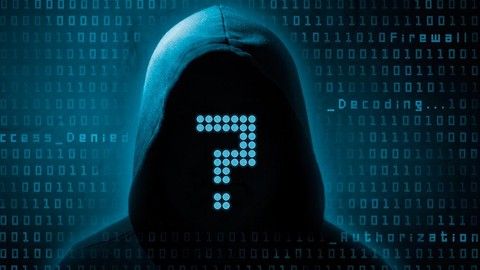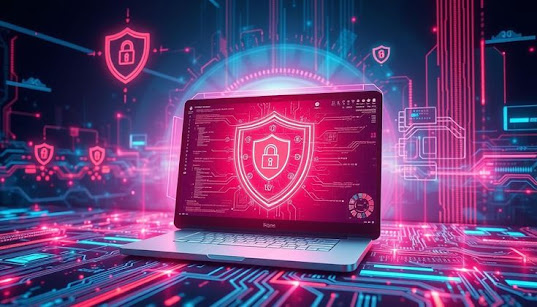Why Cybersecurity Should Be Your Priority in 2025
Why Cybersecurity Should Be Your Priority in 2025
a. Introduction: The Digital World Has Changed—So Should Your Security
Every year, technology evolves to make life easier, faster, and more connected. But with those perks comes a growing threat: cyberattacks. In 2025, these threats are not just IT problems—they’re real-world risks that affect your personal data, your finances, and your safety. Whether you’re an individual, small business, or part of a large organization, cybersecurity is no longer optional—it’s essential.
b. The Rise in Cyber Threats: Numbers Don’t Lie
Cybercrime is expected to cost the world over $10.5 trillion annually by 2025. That’s more than the global damage from natural disasters in a year.
Some of the most common cyber threats today include:
- Phishing attacks via email and social media
- Ransomware, which locks your files until a payment is made
- Data breaches exposing personal and financial information
- AI-powered deepfakes used for fraud or misinformation
The tools criminals use are more advanced, and the targets? Anyone with an internet connection.
c. Why Everyone Is a Target—Not Just Big Companies
A common myth is that hackers only go after big banks or tech firms. But in reality, individual users and small businesses are often the easiest targets because of weaker defenses.
Think about your daily online habits:
- Do you reuse passwords?
- Do you use public Wi-Fi without a VPN?
- Do you click links without verifying the source?
All of these habits can open the door to cybercriminals. In 2025, personal data is currency—and if you’re online, you’re part of the economy.
d. Remote Work & Smart Devices: A Double-Edged Sword
Since 2020, remote work has gone mainstream. And while it brings flexibility, it also increases exposure. Home networks are often less secure than corporate systems, and employees may unknowingly open risky links or use unsafe devices.
Add to that the boom in IoT (Internet of Things)—smart doorbells, cameras, thermostats, even fridges—and now your home could be a hacker’s playground.
e. Governments Are Taking Action—You Should Too
In response to rising threats, governments worldwide are pushing stricter cybersecurity regulations. From GDPR in Europe to evolving laws in the U.S., the pressure is on for companies to protect data—or face massive fines.
But legislation alone isn’t enough. You need to take charge of your own security.
f. Top Cybersecurity Measures You Can Implement Today
Here’s what you can do—starting now:
- Use strong, unique passwords for every account
- Enable two-factor authentication (2FA) wherever possible
- Keep software and systems updated to patch vulnerabilities
- Avoid suspicious links and attachments—even from people you know
- Install antivirus and anti-malware software on all devices
- Use a trusted VPN when browsing on public Wi-Fi
- Back up important data regularly to the cloud or external drives
- Educate your family or employees about cyber hygiene
g. The Role of AI in Cybersecurity—Friend or Foe?
Artificial Intelligence is playing both sides in the cybersecurity war. On one hand, hackers are using AI to automate attacks, create fake content, and mimic human behavior. On the other, cybersecurity experts are using AI to detect unusual patterns, respond faster to threats, and predict attacks before they happen.
As AI gets smarter, your best protection will be a mix of smart tools and smart behavior.
h. Final Thoughts: Cybersecurity Is an Ongoing Effort
Think of cybersecurity like brushing your teeth—it’s not a one-time fix. You have to keep at it, stay informed, and adapt as the landscape evolves. Whether you’re working from home, starting a tech blog, running a business, or just browsing online, your digital safety depends on the choices you make every day.
In 2025, cybersecurity is no longer a background issue. It’s a front-line defense that protects everything you value in the digital world.




Comments
Post a Comment